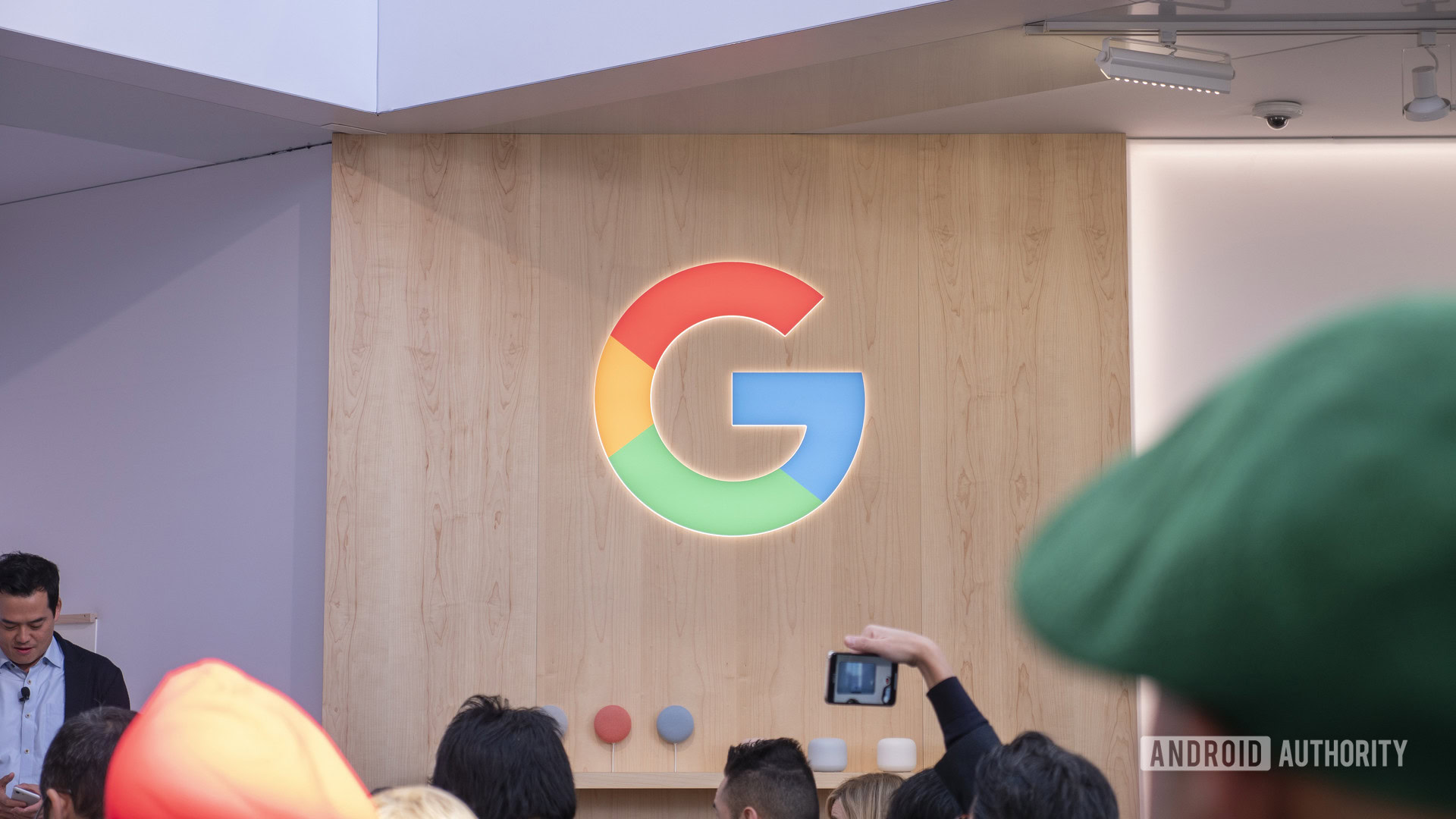Affiliate links on Android Authority may earn us a commission. Learn more.
How Google's antitrust cases could change Android as we know it

- In the wake of a federal judge ruling Google’s search efforts monopolistic, Android divestment may be one potential consequence.
- International attempts to give users search choice seem to have proven ineffective.
- Formally splitting up Google Search and Android could be the best way to prevent Google from falling into old patterns.
Earlier this week, Google suffered a major legal blow, as a federal judge agreed with the government that the search giant had abused its market position in violation of US antitrust law. While labeling Google a monopoly in the world of search is a big deal on its own, we’ve been more curious about what the consequences to this ruling might look like. This isn’t the sort of thing where you just get slapped with a fine and are free to keep on operating as usual — the government’s going to want to take steps in the interest of preventing Google from getting itself into this position again. And to hear some theories on how this might go down, the future of Android has the potential to look very different.
An analysis published by The Information examines the possibility of the government ordering Google to divest itself of Android. From Google’s deals with manufacturers requiring them to include Search and other Google services on their devices, to the way Search plays a role in so many connected offerings — like Assistant and Gemini — the concern is almost that Google can’t even help itself from constantly wanting to intertwine Search with Android.
Lesser steps seem ineffective; EU-style “choose a search engine” onboarding screens have been around for years now, and with that clearly not having fixed anything, a more drastic solution may soon be on the table. We can’t say exactly what that would look like, but it’s an option regulators are likely to be taking seriously.
Beyond Android, the government’s expected to invalidate the search exclusivity deals Google has with companies like Apple and Mozilla, potentially costing it tens of billions in revenue. We already mentioned how mixed up Google Search and its AI efforts are, and there’s the possibility Google might be forced to open up its training data to competing AIs. This is also far from the only antitrust action Google’s currently defending itself against, and fallout from those other cases could further strengthen the government’s interest in splitting Google up.